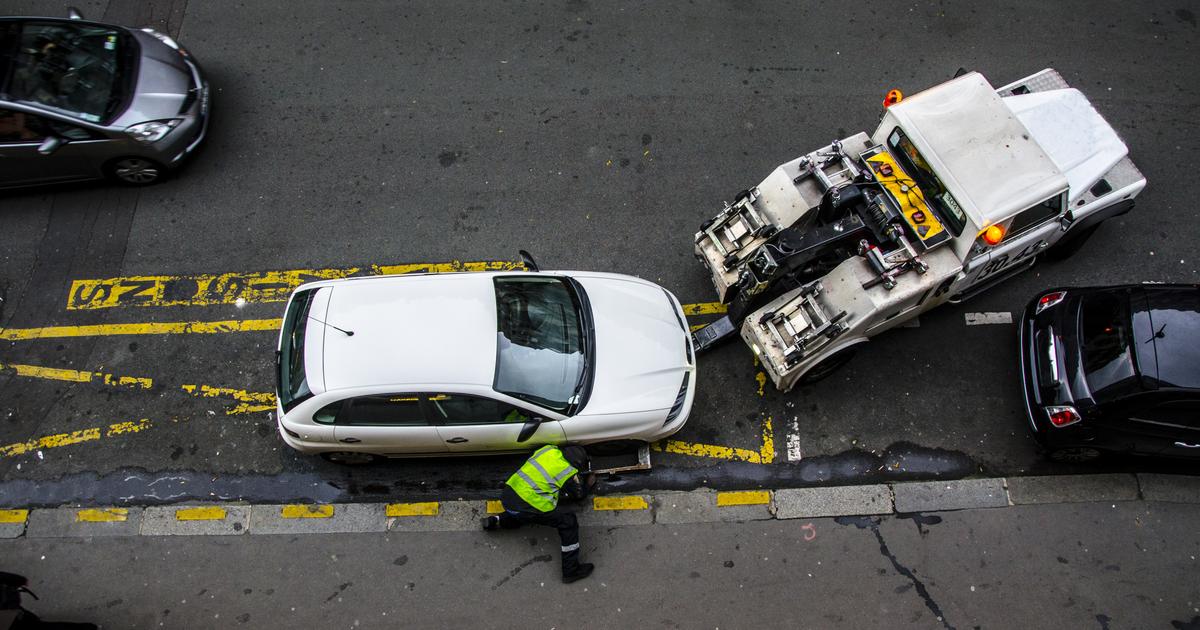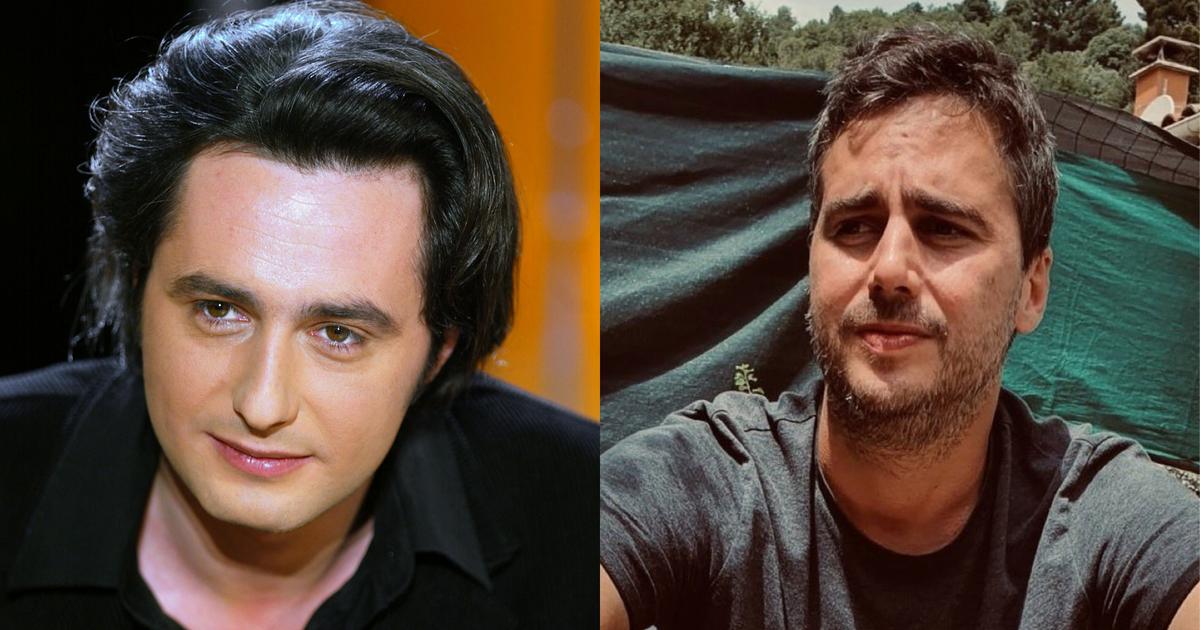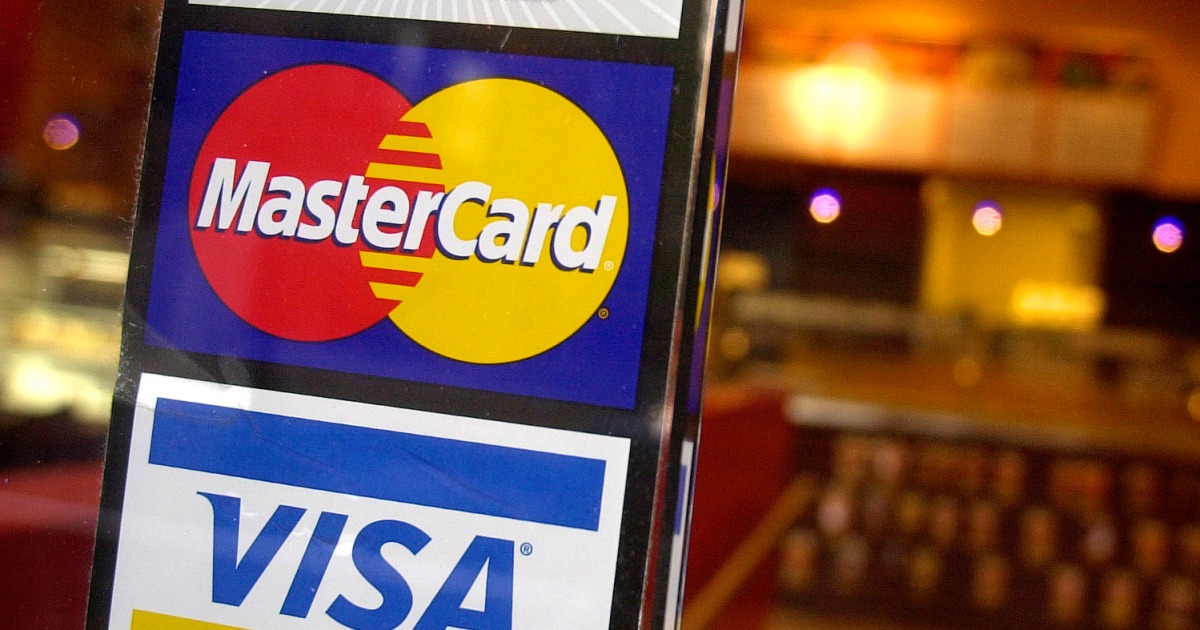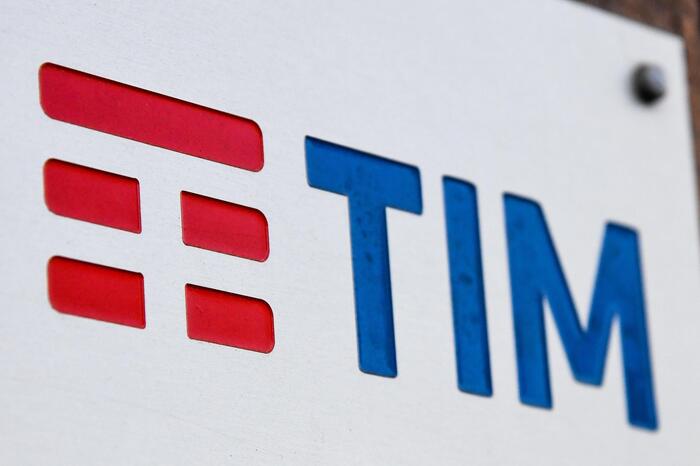Icon: enlarge
ARD and ZDF: considerable legitimation problems
Photo: Peter Kneffel / picture alliance / dpa
The struggle for the radio license does not end, an agreement between the parties to the dispute in Saxony-Anhalt seems more distant than ever.
After several maneuvers, hooks and postponements by those involved in the past few days, the responsible media committee of the state parliament of Saxony-Anhalt announced on Wednesday that it was postponing its deliberations on the controversial increase until next week.
It can hardly be assumed that the quarreling members of the black-red-green coalition in Magdeburg will find a resilient solution by then;
The financing of public television from the fee period 2021 is thus on the brink.
How could this happen?
And what follows from that?
It was an escalation with an announcement.
As early as March of this year, the Prime Ministers decided to increase the broadcasting fee from 17.50 euros to 18.36 euros for the next contribution period. The basis of the decision was a recommendation by the commission to determine the financial needs of broadcasters (KEF).
Criticism also from the bourgeois camp
It was clear that the implementation of the plans would be accompanied by a heated public debate.
Even before the prime minister's decision, an increasingly broad front against public broadcasting had formed - it reached from the right-wing populists of the AfD, whose members reviled ARD and ZDF as "state radio", to deep into parts of the bourgeois camp.
But the fundamental criticism of ARD and ZDF soon mixed in with the tense mood of the first Corona weeks - and this was, which is often forgotten today, not only taken up by the right wing in the eastern German federal states, but also by CDU members of the Bundestag Berlin: At the beginning of May, Union members such as the CDU deputy chairman Silvia Breher demanded in a protest note that the television companies should show solidarity with the contributors who were plagued by subsistence concerns.
That is why they should step up their austerity efforts again.
Corona was and is - as with so many other social processes - the driver for the division in terms of broadcasting fees, which today seems almost insurmountable.
But the central figures in the dispute failed to lead the conflict with a view to the pandemic and the associated hardening - instead they tried to end the misery with political horse-trading.
Political horse trading?
CDU Prime Minister Reiner Haseloff, who has always been considered one of the sharpest critics of public broadcasting and liked to encourage him to save in a popular or even populist way, with reference to the high director salaries, called on ARD and ZDF, one of the many community broadcasters in his concern to settle previously disadvantaged federal state.
Large parts of the ARD wanted to meet the demand.
One could read that as a concession for the powerful sovereign - who would have had political influence on the budgeting of the public broadcasters.
A process that is precisely to be prevented by the fact that the independent auditors of the KEF give their assessment of the radio license fee.
At the same time, Tom Buhrow, WDR director and currently ARD chairman, made it unmistakably clear that the culture platform would only come if the radio license fee was also increased, since otherwise the cost-intensive company would not be manageable.
But what happens now if the media committee in Saxony-Anhalt cannot agree on a compromise proposal next week and the increase that would otherwise be waved through at all political levels cannot be enforced on January 1st?
Then ARD and ZDF would most likely call the Federal Constitutional Court (BVerfG) to sue for needs-based equipment.
It would not be the first time.
In 2005, the broadcasters moved to Karlsruhe - but in order to successfully overturn the broadcasting fees determined by the KEF, because they were perceived as too low.
For the contribution period from 2021 to 2024, the KEF had estimated a total of 38.7 billion euros for all public broadcasters and thus recognized an additional requirement of 1.5 billion euros.
If the (BVerfG) is called upon again, it could take years before a judgment is reached.
The institutions would then either have to go into debt or cut their costs drastically.
Either way, ARD and ZDF are facing considerable legitimation problems.
The fact that the broadcasting increase would be enforced in court at the possible height of the corona crisis, of all things, reaffirmed all critics, for whom the public service already seems decoupled from the reality of the people.
The united front against the institutions would widen even further.
The way the dispute has been conducted so far, it has only produced losers.
Icon: The mirror










/cloudfront-eu-central-1.images.arcpublishing.com/prisa/S7ERVSCT4FUVX6R7TUVBDNTH5Y.jpg)



